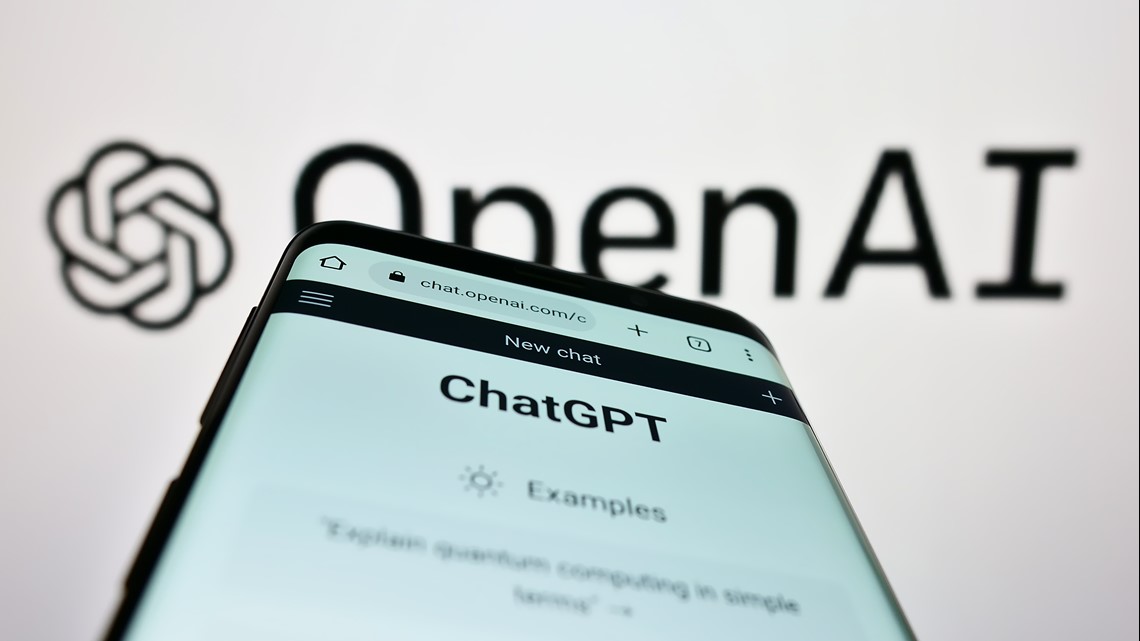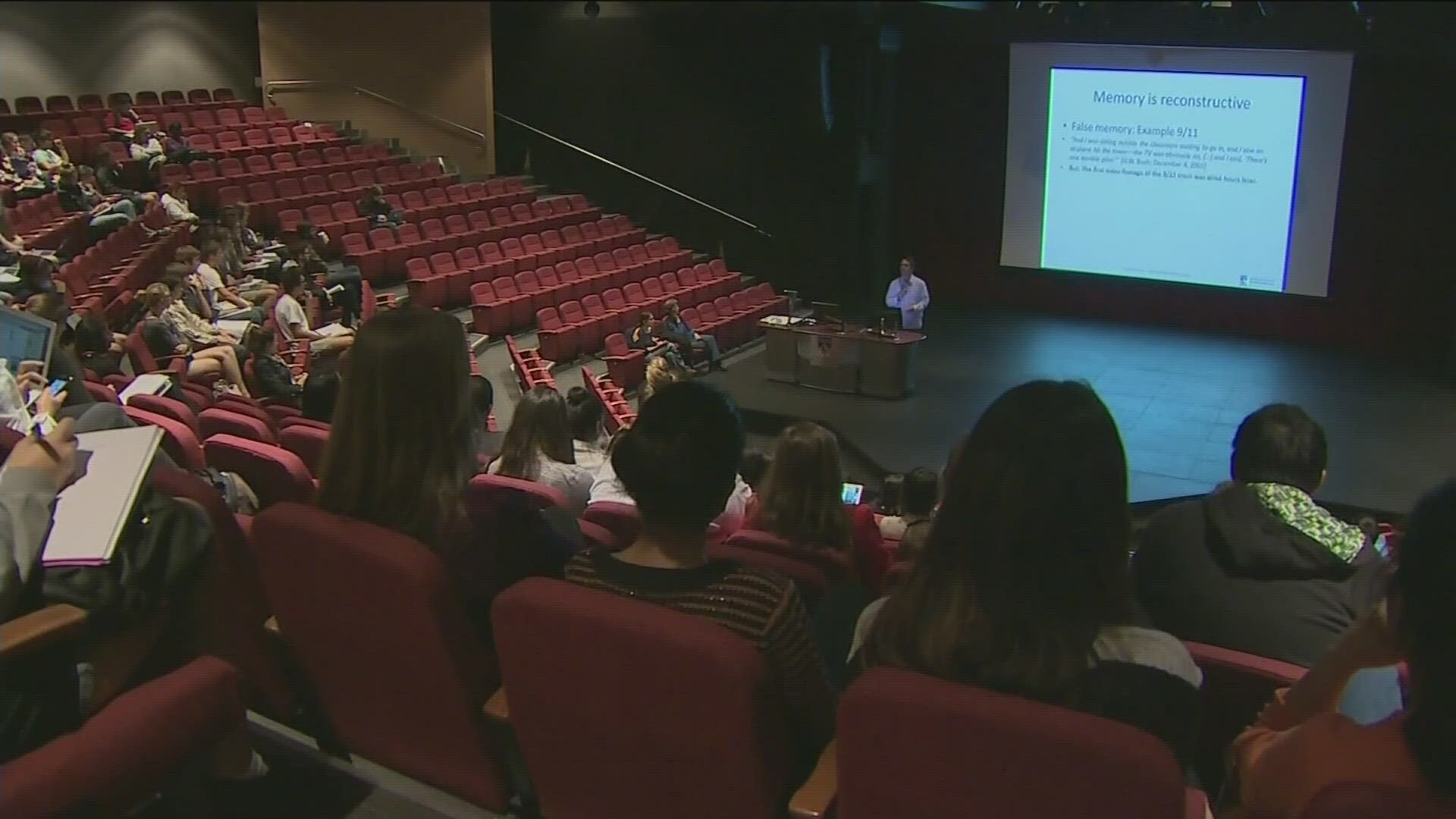ATLANTA — The start of advanced AI technology has undeniably brought about big changes in various industries, and higher education is no exception, but for educators, this tool comes with a double edge sword.
Among the emerging AI applications, ChatGPT, a language processing tool, has been making waves among students, enabling students to engage in human-like conversations while also assisting with various tasks, such as drafting emails, essays and even coding.
"You're not prepared for the experience of just typing in a question to a machine and having it give you answers that look really, really good and are probably right 90% of the time," Doug Ware, an AI expert from Elumenotion AI, said.
Since its launch on November 30 of last year, ChatGPT has rapidly gained popularity, with estimates suggesting that it boasts over 100 million active users within its first two months alone.
However, this technological advancement has led to growing concerns among educators and academics about its impact on traditional education methods. One researcher at Georgia Teach believes that rather than attempting to defend ChatGPT's use in student work, it's time to embrace it as part of the learning process.


"I think how we should be looking at it is how can we redesign some of the assessments that we do, knowing a student is going to use AI," Dr. David Joyner said, who is Executive Director of Online Education & OMSCS in Georgia Tech's College of Computing. "Similar to knowing that they are going to use a calculator, we can believe that they are learning something valuable and go farther than they could without it."
Joyner himself teaches a course utilizing chatbot technology at Georgia Tech and asserts that instructors at all educational levels will need proper training on its use. While acknowledging the temptation to overuse AI-generated content, he emphasizes the importance of striking a balance to ensure genuine learning outcomes.
"It is tempting to overuse it, to grab something and use it whole-cloth," Joyner said, adding later, "It becomes pretty easy to detect when something has a lot of AI-generated content in it. And so, using it the wrong way, it will become obvious that it is not your work."
The rising popularity of AI tools like ChatGPT is driving higher education institutions to reevaluate their pedagogical approaches. By leveraging AI's capabilities, educators can redefine assessment methods to encourage more in-depth learning experiences while students navigate the AI era.
As ChatGPT and similar AI technologies continue to evolve, a collaborative approach between educators and AI will shape the future of higher education, ultimately preparing students for a world where human-machine interaction is the new norm.

